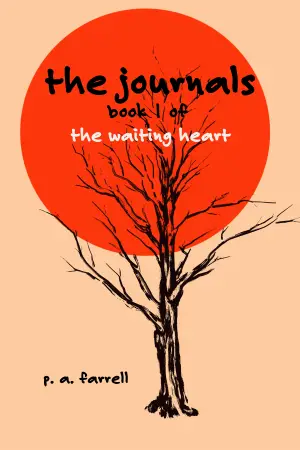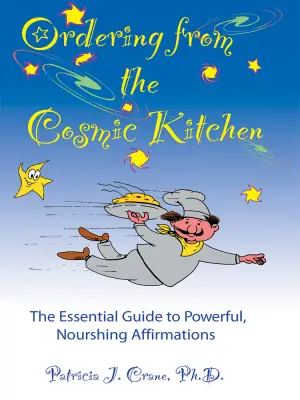A Reflection on The Homemade God by Rachel Joyce
When I first heard about The Homemade God, the seventh novel from the remarkable Rachel Joyce, it felt like a gravitational pull—one that promised a blend of humor, family tension, and the complexities of human relationships. Joyce has a knack for creating worlds that resonate emotionally while keeping readers guessing, and I was all in for this ride. Little did I know just how gripping and layered this tale would turn out to be.
The story kicks off with Vic Kemp, a 76-year-old artist whose peculiar charm and chaotic past are suddenly punctuated by an announcement that shakes the very foundation of his family. Gathered at a bustling noodle bar in London, his children are taken aback not just by Vic’s new lease on life but by his shocking new love, Bella-Mae, who is a startling 27 years old—familiar yet foreign. Each sibling’s reaction reveals their distinct personalities: the responsible Netta, the caretaker Susan, and the cynical Goose. As Vic embraces this unexpected second chance at love, the ensuing mix of incredulity and concern from his children paves the way for both humor and a sense of impending dread.
Joyce’s writing transports us into a vivid tableau of family dynamics, capturing that delicate balance between affection and frustration. The pacing maintains momentum, balancing introspection with revelation in a way that keeps you turning the pages. I found myself particularly drawn to the complexity of Bella-Mae, who embodies both intrigue and suspicion—as if she were both an artist and a dismantler of the family’s emotional landscape. One moment they’re grappling with their father’s newfound happiness, and the next, tragedy strikes. The way Joyce navigates through grief and suspicion is nothing short of masterful, and I was often surprised by the twists and turns that forced me to reconsider my alliances with the characters.
A particularly striking quote from Bella-Mae stayed with me: “I like to see things in a different way. I kind of pull them apart to put them back together.” This encapsulates not only her artistic philosophy but serves as a microcosm of the familial unraveling within the Kemp household. As the siblings confront their father’s death amidst their brewing suspicions—Is she a grieving widow, or something far more sinister?—the layers of their relationships peel away, revealing truths they may not have wished to confront.
The Homemade God isn’t just for readers looking for an engaging family drama; it’s a rich exploration of love, grief, and the blurry lines of morality. Rachel Joyce invites us to ponder how much we truly know about our loved ones, and how fragile the threads of familial bonds can be. This novel might just be her best yet—not because of its plot alone, but for how it captures the intricate dance of human emotion.
If you enjoy deeply resonant family stories with a touch of intrigue and thought-provoking twists, you’ll find a warm welcome in these pages. Personally, this book prompted me to reflect on the family dynamics in my own life, reminding me that it’s often in the shared chaos and love that the most profound stories arise. So, pour yourself a cup of tea, settle into your favorite reading nook, and get ready for a beautifully unpredictable journey through the complexities of love and loss.







